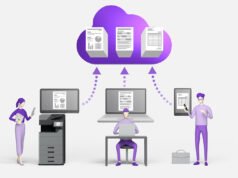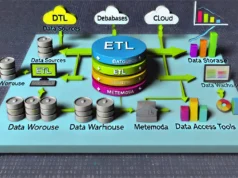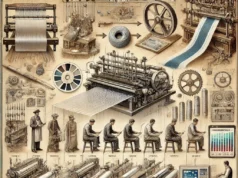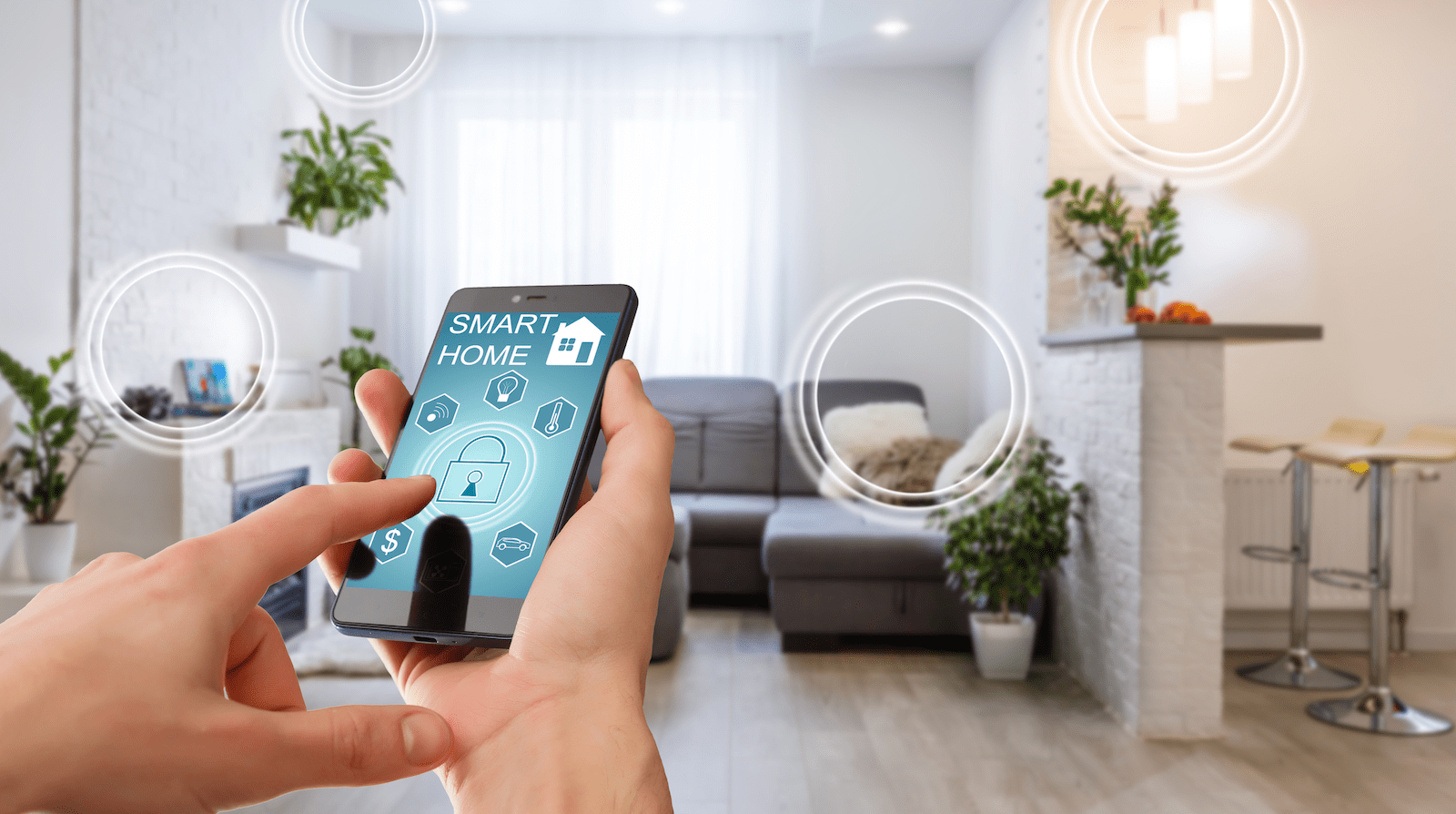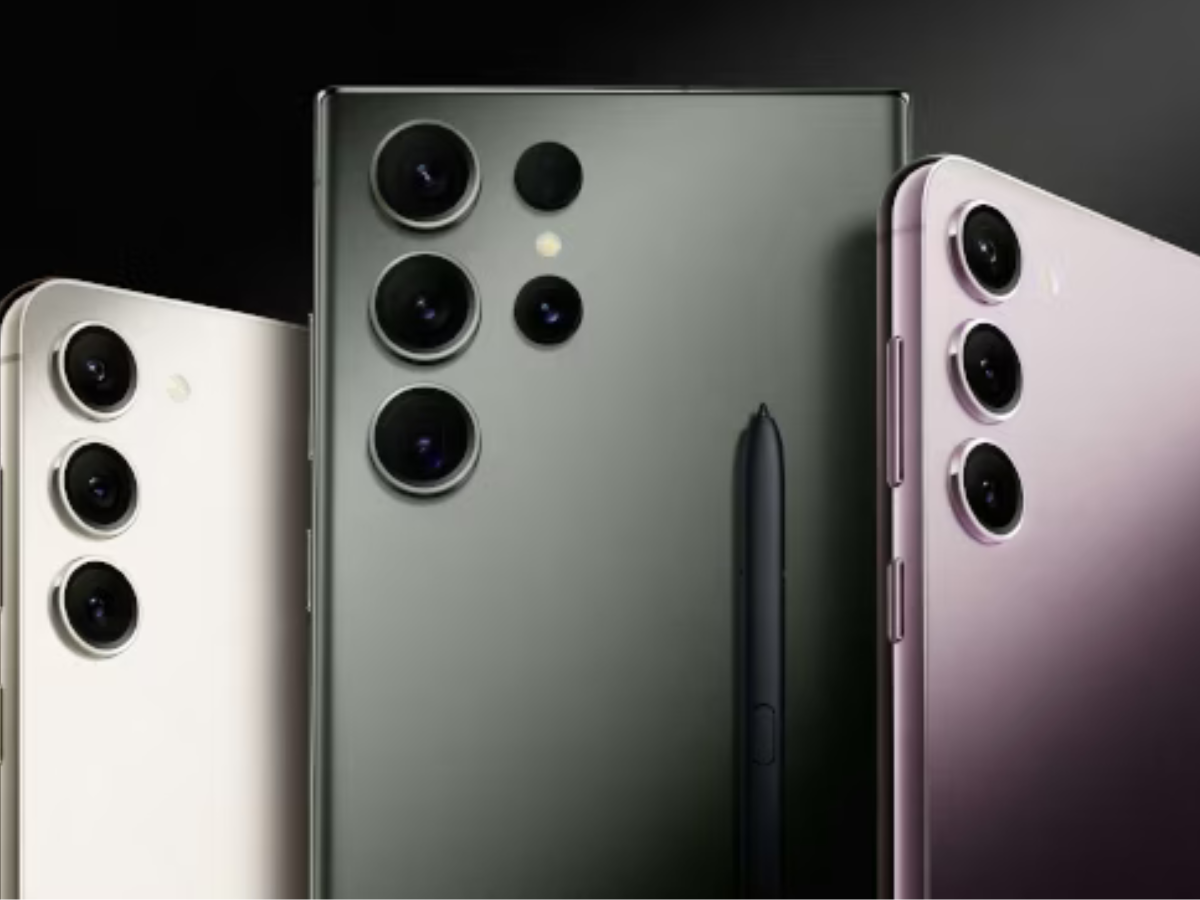With the constantly improving technology landscape, choosing between a laptop and a tablet will be more significant than ever. The decision hinges on understanding how each device caters to different tech needs. With their powerful processors and versatile operating systems, laptops are ideal for tasks requiring high performance and complex software.
Tablets, known for their portability, long battery life, and user-friendly interfaces, excel in casual browsing, media consumption, and light computing tasks. The right choice depends on balancing these factors against your personal or professional requirements in this rapidly advancing digital age.

Key Differences Between Laptops and Tablets in 2024
Laptops and tablets showcase distinct yet overlapping features. Laptops, exemplified by the Lenovo ThinkBook 13x Gen 4 models, have become ultra-thin, boasting powerful processors and sophisticated graphics. Like the Lenovo Tab M11, tablets focus on high-resolution displays and multitasking and are tailored for entertainment and education.
Operating systems also differ; laptops typically run on Windows or macOS, supporting intensive tasks, while tablets use iOS or Android for a more straightforward, touch-friendly interface.
With efficient designs and keyboard-focused interfaces, laptops are ideal for demanding tasks and productivity. Portable and user-friendly tablets are better for casual use and lighter tasks.
Pros and Cons of Each Device Type
Laptops and tablets each have their pros and cons. Laptops offer powerful processing capabilities, perfect for heavy-duty tasks like content creation and gaming. Their built-in keyboards, extensive connectivity, and storage options are ideal for professional use. However, they can be bulkier and more expensive, posing issues for frequent travellers or those on a budget.
Tablets excel in portability and user-friendliness, suitable for basic computing and entertainment. Yet, they fall short in processing power and are less effective for tasks requiring heavy typing or precision due to their touch interfaces and less ergonomic external keyboards. These trade-offs are vital to consider for those with diverse tech needs.
Assessing Your Tech Needs
For those who frequently engage in typing-intensive tasks, a laptop’s physical keyboard offers an unmatched level of comfort and efficiency, significantly enhancing the typing experience.
In contrast, tablets, while capable of being paired with external keyboards, typically don’t match the seamless typing experience of a laptop.
Gamers
For gamers aiming to find the best new online slot sites for Indian players this year, their choice of device depends largely on their preferences for mobility and performance. Tablets offer the convenience of playing on the go with intuitive touch controls, making them a great option for casual gaming.
Laptops provide a more immersive experience with larger screens and enhanced graphics, better suited for serious gamers who also value laptops’ security and advanced features.
Students
Students who require a device for note-taking, research, and writing papers would benefit more from a laptop’s keyboard and multitasking capabilities. However, a tablet with a stylus can be a more convenient and portable choice for those primarily engaged in reading and light note-taking.
Professionals
Professionals, especially those in fields that require extensive software use, data analysis, or graphic design, would find a laptop more fitting due to its powerful hardware and software compatibility.
Tablets can serve as secondary devices for meetings, presentations, or light work outside the office.
Creatives
For creatives involved in graphic design, video editing, or music production, laptops with high processing power, superior graphics, and larger storage capacities are essential.
Tablets can be beneficial for sketching and basic design work, especially with a stylus.
Current Market Trends
The technology landscape in 2024 is witnessing remarkable innovations in both laptops and tablets. Laptops are experiencing a significant shift with the integration of AI chips, an embrace of ARM architecture, and advancements like Intel’s Meteor Lake CPUs, offering unprecedented efficiency and performance.
Tablets are not far behind, with features like high refresh rate screens, enhanced stylus capabilities, and versatile form factors, as seen in the Lenovo Tab M11.
Notable Product Releases
The Lenovo ThinkBook Plus Gen 5 Hybrid stands out as a unique offering, doubling as a laptop and a detachable Android tablet, embodying the converging paths of these two device types.
In tablets, the Lenovo Tab M11 has made a mark with its focus on entertainment and education, offering features like split-screen multitasking and a high-quality display.
Operating Systems
The choice of the operating system can significantly impact the user experience. Windows and macOS, commonly found on laptops, are designed for complex tasks and offer a wide range of software compatibility. iOS and Android, typical of tablets, prioritise user-friendliness and touch interaction.
Performance and Specifications
Hardware Specifications
Laptops generally offer higher processor speed, RAM, and storage specifications, translating to better performance for demanding tasks. While less influential, tablets are optimised for efficiency and battery life, making them suitable for lighter tasks.
Recommendations for Specific Tasks
For content creation and gaming: Opt for laptops with high-end processors, substantial RAM, and dedicated graphics cards.
Tablets with mid-range processors and decent screen resolution are sufficient for casual browsing and media consumption.
Mobility and Portability
The portability of a device can greatly influence the decision-making process. The lighter and more compact tablets are ideal for those who need a device on the go. Laptops, though less portable, are evolving with ultra-thin designs, as seen in the Lenovo ThinkBook 13x Gen 4, which balances performance and portability.
Aspects like Weight, Size, and Battery Life
Tablets excel in battery life and are easier to carry around. Laptops offer longer usage times for intensive tasks but are generally heavier and larger.
Budget Considerations
There are budget-friendly options available for both laptops and tablets. Understanding the trade-offs between price and performance is important to find a device that meets your needs without overspending. Lower-priced tablets may have limited processing power and storage. Moreover, affordable laptops might compromise build quality, battery life, or display resolution.
Future-Proofing
To ensure your device remains relevant and functional for years to come, consider factors like upgradability, support for the latest software updates, and compatibility with emerging technologies. Laptops generally offer better upgradability, especially in terms of storage and RAM. While not as upgradeable, tablets often come with longer support for software updates, especially from major brands.
Conclusion
The decision between a laptop and a tablet depends on individual needs and preferences. Laptops offer higher performance and are better suited for intensive tasks and professional use, while tablets excel in portability and ease of use, ideal for casual browsing and media consumption.

